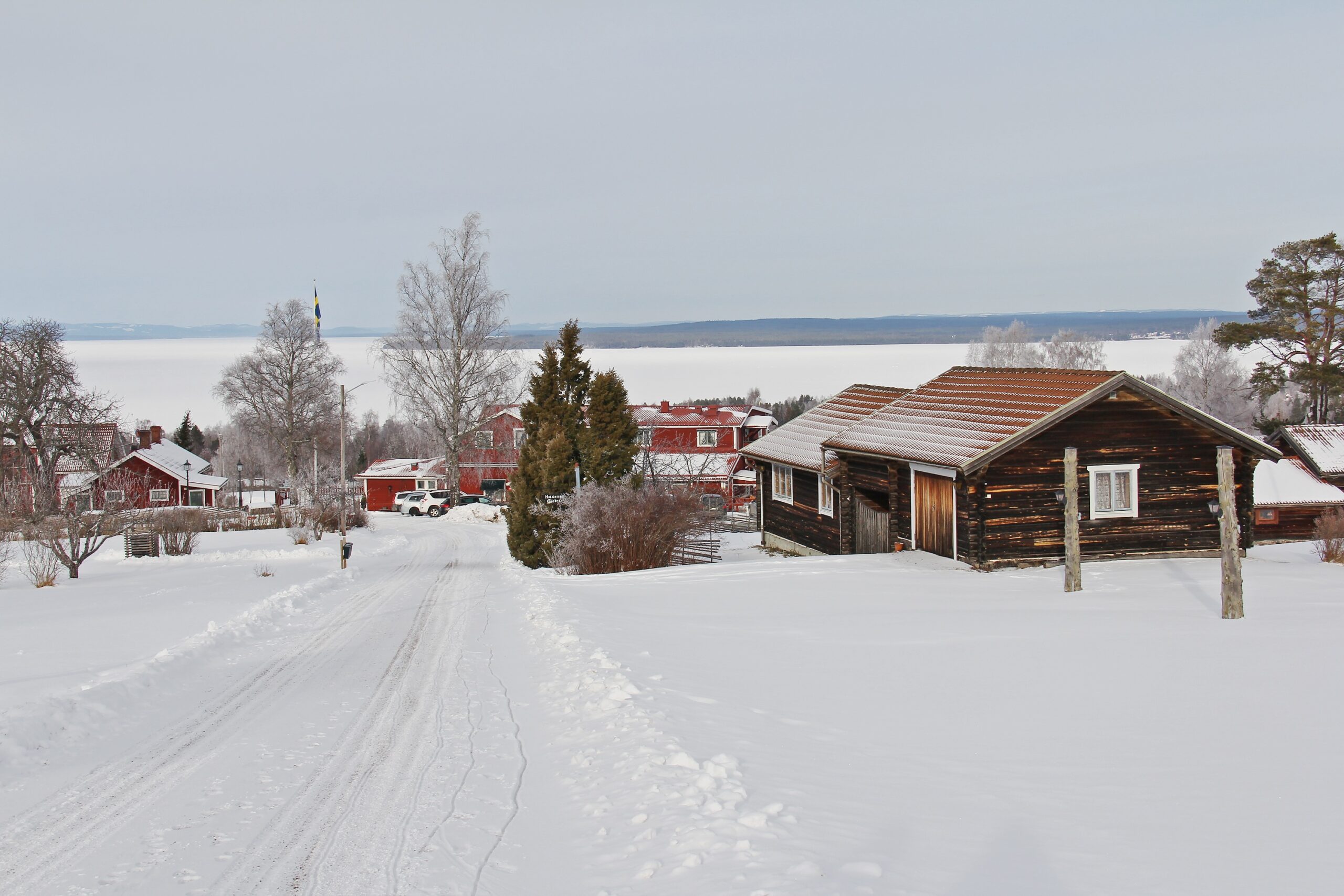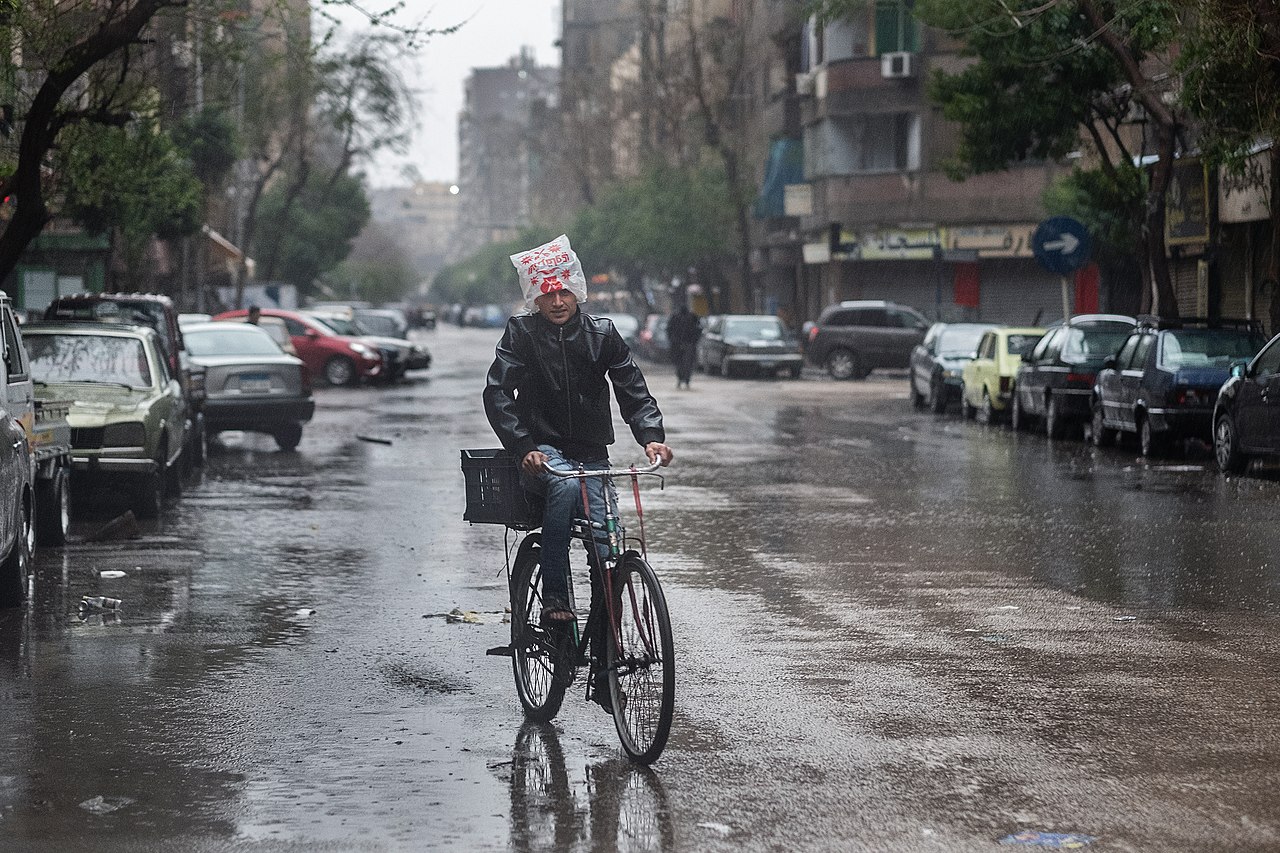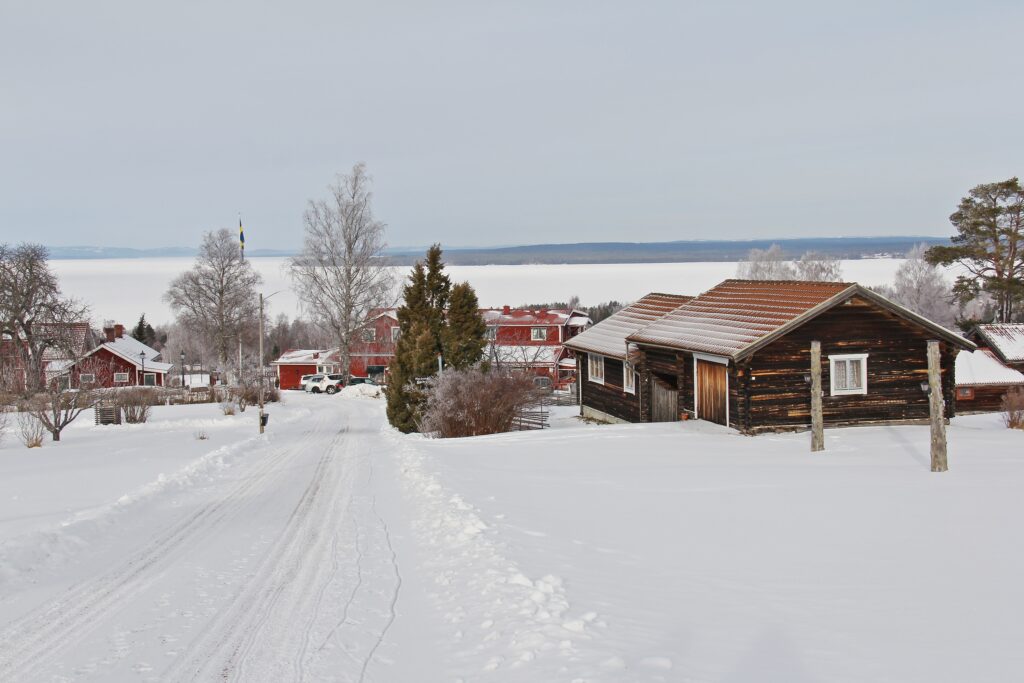
A vast portion of Europe is grappling with an icy onslaught of snowstorms and plummeting temperatures, intensified by heavy rain and powerful winds, particularly affecting the western regions.
This severe weather has claimed the lives of three individuals in Britain and the Netherlands, leading to extensive disruptions in transportation, power supply, and closures of educational institutions.
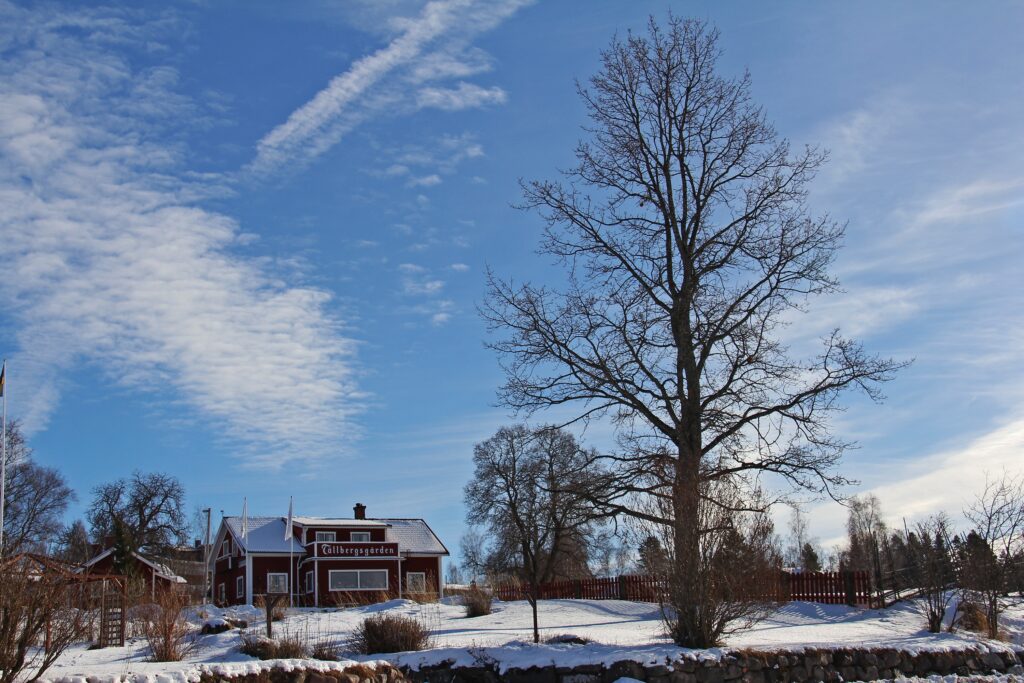
For the second consecutive day, temperatures plummeted to -40°C in the Nordic region, with Finland and Sweden registering their coldest winter temperatures. Swedish Lapland recorded a chilling -43.6°C in Kvikkjokk-Årrenjarka, marking the lowest January temperature in Sweden in 25 years, according to Sweden’s TT news agency.
Meteorologist Nils Holmqvist stated, “It’s the coldest temperature we have had so far this winter, and it will continue to be quite cold weather in the north.”
Across the Nordic regions, extreme snowfall, gale-force winds, and sub-zero temperatures disrupted various transport services. Several bridges were closed, and certain train and ferry services were suspended, impacting hundreds of people. Widespread school closures occurred in the Scandinavian region, urging residents in Norway and Denmark to avoid unnecessary travel.
In Denmark, snow battered the northern and western parts, prompting police to advise against road usage. Further south, Storm Henk wreaked havoc in western Europe, causing two fatalities.
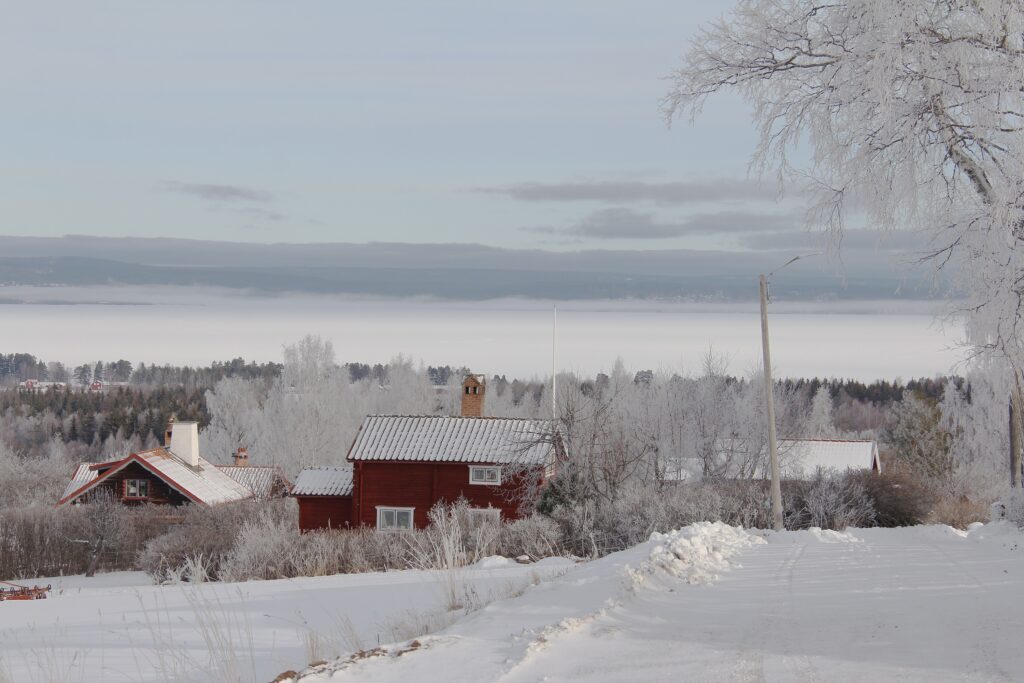
In the UK, a driver lost his life when a tree fell on his car in western England, and another individual died near Kemble due to Storm Henk’s impact. The storm, accompanied by nearly 100mph winds and flash floods, stranded commuters and caused damage to homes. Over 300 floods were reported in England and Wales on Wednesday, with 10,000 homes left without power.
In the Netherlands, a 75-year-old man perished in Eindhoven after falling off his bicycle during a snowstorm. Authorities suspect the snowstorm contributed to the accident and subsequent fatality.
In France, heavy rains in the northern Pas-de-Calais and Nord regions led to the evacuation of more than 200 people, leaving 10,000 homes without power. Streets in Blendecques transformed into water passages, prompting caution for residents in flood-alert zones. Emergency workers in France are actively engaged in clearing roads and pumping out water from the most affected towns.
As of Thursday, flood and wind warnings persist for several regions across northern France and its borders with Belgium, Luxembourg, and Germany. The areas anticipate more rainfall accompanied by winds reaching up to 100kph.

Greetings, readers! I’m Gaurav Ganguly, the engineer-turned-author at British Pulse. Armed with an analytical mind and a penchant for clarity, I bring you news with a unique perspective. Join me in exploring the world of current affairs through the lens of an engineer – where precision meets storytelling. Let’s decode headlines together on British Pulse.
